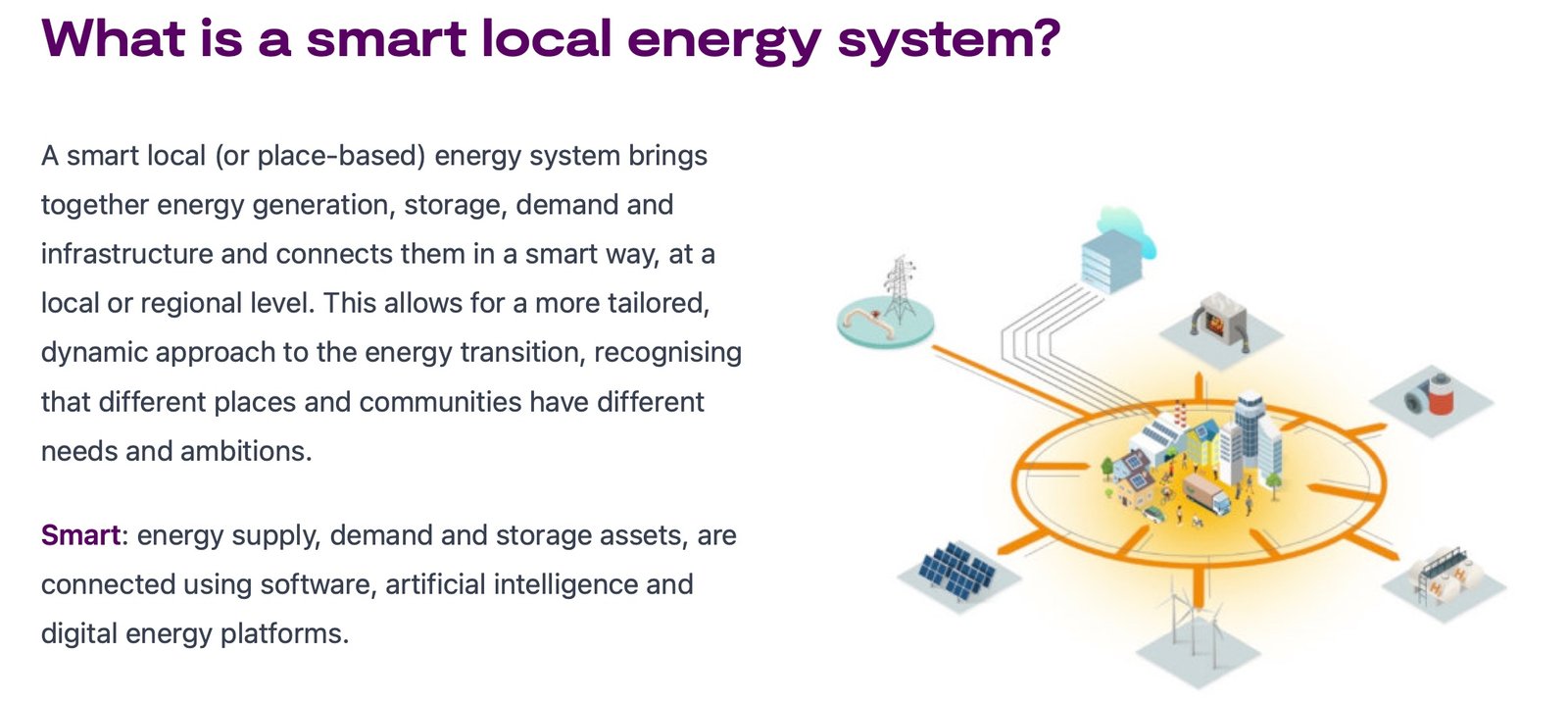CAG Consultants, in partnership with the Energy Systems Catapult (ESC) were commissioned by the West Midlands Combined Authority (WMCA) to support and enable the establishment of an embryonic smart energy systems (SES) business cluster. This cluster forms one of eight economic sectors identified by the WMCA ‘with outsized potential to boost productivity and create high-value jobs’.
Activity
WMCA are keen to see progress with the SES cluster and the project needed to be undertaken at pace and within a relatively short, 5-month, window. Maximising stakeholder engagement in the roadmap development process was a priority. CAG’s role in the project was to develop a roadmap, charting the activities required to enable growth within the first eighteen months of the cluster development phase.
Work packages (WP) included:
- WP1: An initial in-person half day stakeholder workshop. A workshop report was produced to ensure that key issues, lessons and stakeholder views on priorities for activity were captured.
- WP2: A series of 25 stakeholder interviews split across a group of 5 types of priority stakeholders including SMEs (innovators), large energy sector businesses (including engineering consultancies and energy utilities), universities and a variety of enabling organisations (innovation, skills and economic development support agencies).
- WP3: A desktop review, designed to address a series of research questions set by WMCA in the invitation to tender (ITT) document.
- WP4: A second in-person half day workshop to allow CAG to present and test findings and proposed project areas with regional stakeholders, and to build out potential projects and initiatives.
- WP5: Production of an SES roadmpamap laying out the practical steps required to establish an SES cluster..
CAG worked closely with WMCA and ESC throughout the process and presented progress updates at multiple meetings involving regional stakeholder groups convened by the WMCA as part of their Energy Capital initiative. This ensured that the CAG team were able to take account of new information and emerging priorities and ultimately helped to ensure WMCA and the SCS steering group confidence in the report. Whilst instilling a sense of ownership of the agreed actions. The implementation of the roadmap is being led by the ESC.
Key findings/lessons
The aim of the cluster is to grow existing businesses in the SES space and to catalyse innovation, and the establishment of new partnerships and businesses. The research identified several gaps in the existing SES ecosystem relating to an absence of linkages between key actors, informational blockages, a lack of clear market drivers, lack of co-ordination, skills deficits, limited access to innovation finance, and a lack of clarity around the concept of smart energy systems.
The roadmap proposed a range of stakeholder engagement and development activities, in tandem with the establishment of a strategic programmes of work intended to unlock and enable SES innovation. This programme includes the exploration and development of place-based ‘transformational projects and skills and workforce development, with such activity being informed (and informing) by regional priorities and needs and aligned with known public and private energy infrastructure investments.
CAG Team
The work was led by Bill Kirkup with support from Alison Cavey. Bill is a Partner at CAG where he works primarily on energy system transformation policy/intervention analysis, design and evaluation. Alison is an innovation consultant with > 25-year experience in the commercialisation of technology from academia, with specific expertise in clean energy, including hydrogen.
For further details regarding this project please contact Bill Kirkup,

